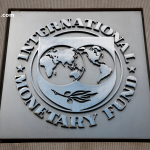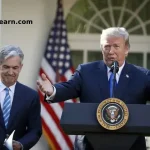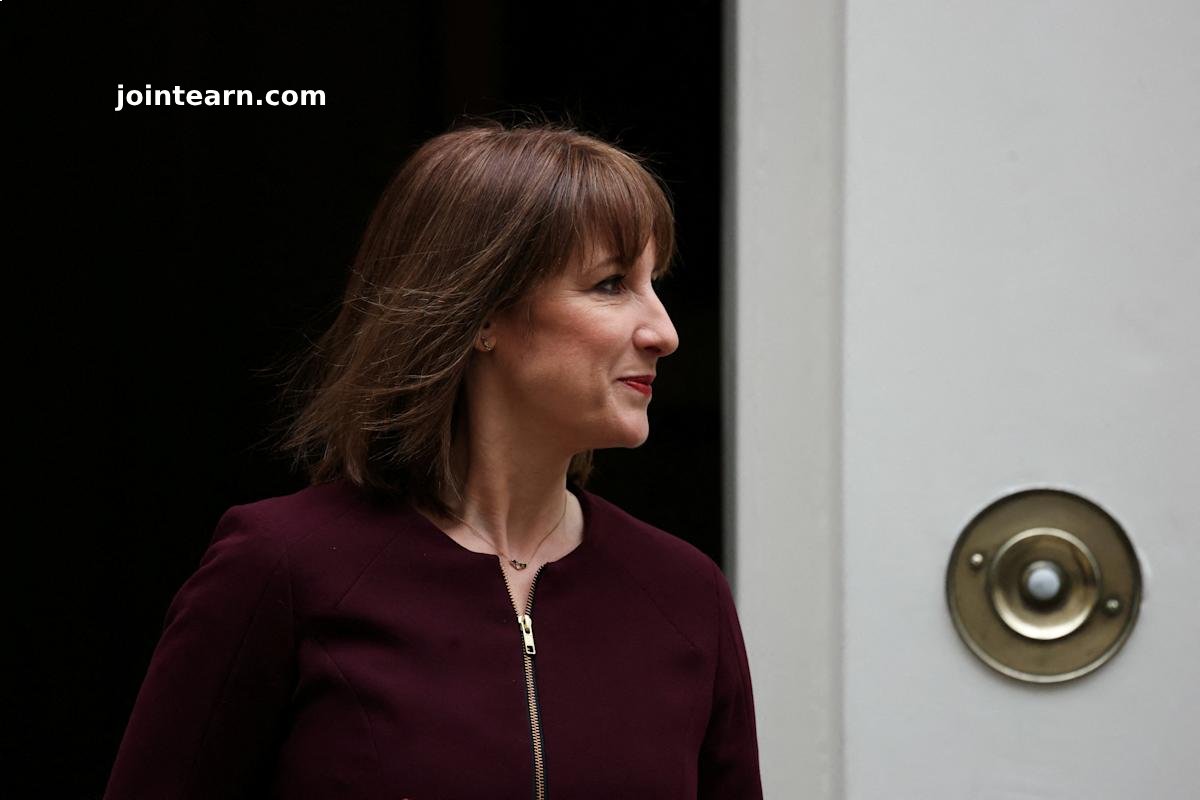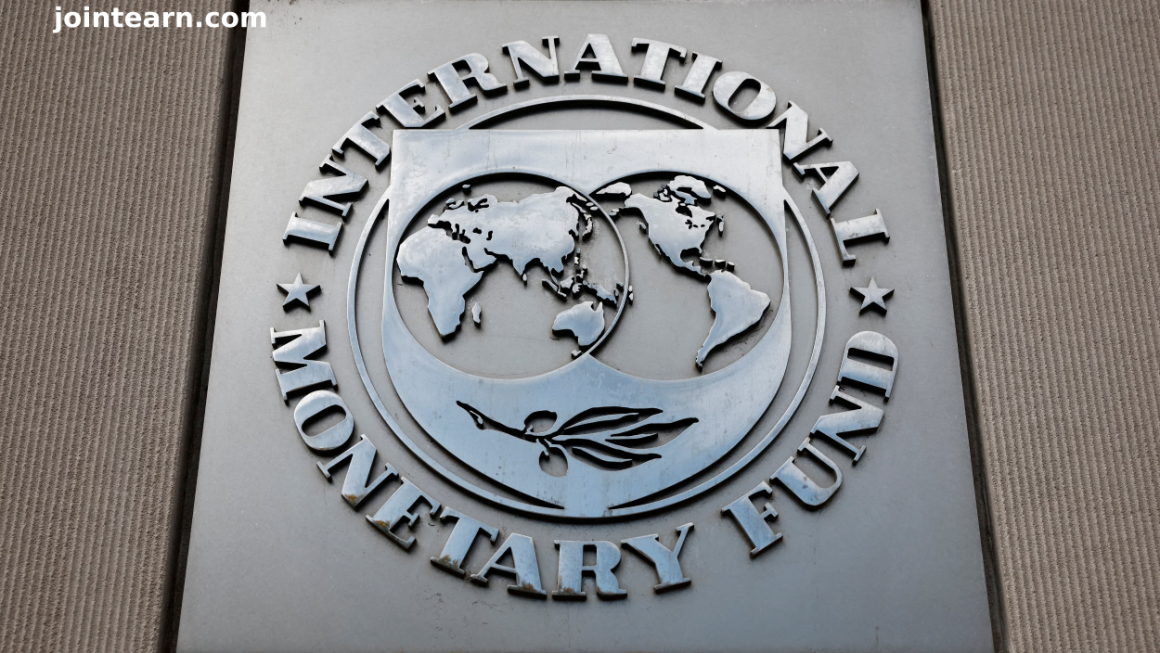UK borrowing has significantly exceeded forecasts, reaching £151.9bn for the financial year ending in March, surpassing the Office for Budget Responsibility’s (OBR) prediction by nearly £15bn. This rise in borrowing, £20bn higher than the previous year, poses a major challenge for Chancellor Rachel Reeves, potentially forcing tax hikes or deeper cuts to public spending.
The Office for National Statistics (ONS) revealed the unexpected jump in borrowing, with a £14.6bn increase compared to OBR’s spring forecast. The figures are seen as a direct consequence of the ongoing economic strain stemming from the US-UK trade dynamics, particularly with Donald Trump’s trade war escalating.
Economic Impact of Overshooting Borrowing Predictions
Economists suggest that the UK economy could face more difficult decisions ahead. Ruth Gregory, Deputy Chief UK Economist at Capital Economics, commented on the potential for tax increases to manage the fiscal imbalance. “Public borrowing overshot forecasts even before tariff impacts were fully realized, raising the chances of more tax hikes in the upcoming autumn budget,” Gregory stated.
This overshoot in borrowing follows recent announcements by Chancellor Reeves regarding cuts to sickness benefits and reductions in disability benefits, as part of efforts to meet fiscal targets. The increase in government borrowing is largely attributed to inflation-related costs, such as higher wages and benefit increases.
Public Debt and Fiscal Outlook
Public sector net debt has surged to 95.8% of GDP, one of the highest levels since the 1960s. As Reeves faces scrutiny over her handling of public finances, the government may need to reconsider its fiscal rules. Matt Swannell, Chief Economic Adviser to the EY Item Club, noted that the spring statement failed to address key fiscal issues, leaving unanswered questions about future government spending and tax policies.
The International Monetary Fund (IMF) recently warned of the global economic ramifications of Trump’s tariffs, highlighting the potential for a 1% reduction in UK GDP due to the ongoing trade war. This warning, combined with recent business activity drops, adds to the pressure on the UK’s financial situation.
Will UK Taxes Rise or Will Public Spending Be Cut?
The ONS reported that borrowing in March alone reached £16.4bn, slightly above economists’ forecasts. Despite increased income from taxation, the government’s borrowing figures show a widening gap due to higher public sector spending.
As the government grapples with mounting debt and economic uncertainty, the UK faces a tough road ahead. Chancellor Reeves has already signaled that further cuts to public spending may be required to meet fiscal targets. However, the timing and nature of any further tax hikes or cuts remain uncertain, with Reeves due to speak at the IMF spring meetings to discuss the broader implications of the economic challenges.












